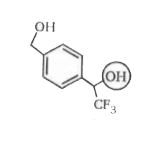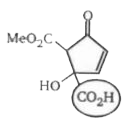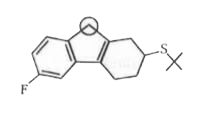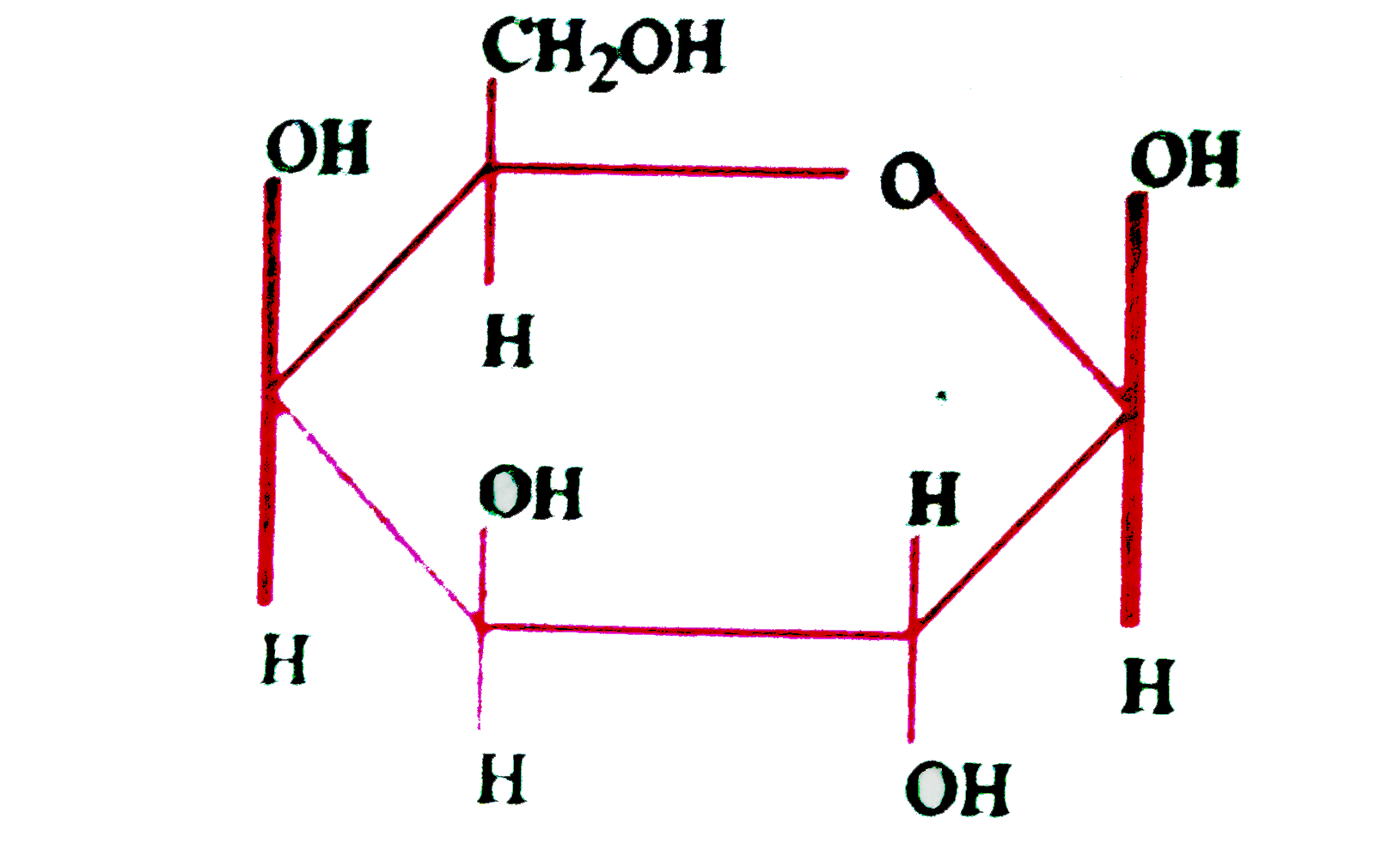Hydrogen molecule differs from chlorine molecule in the following respect :
hydrogen molecule is non-polar but chloride molecule is polar.
hydrogen molecule is polar while chlorine molecule is non-polar.
hydrogen molecule can form intermolecular hydrogen bonds but chloride molecule does not.
hydrogen molecule cannot participates in co-ordinate bond formation but chlorine molecule can.
The correct Answer is:4
To analyze how the hydrogen molecule differs from the chlorine molecule, we will evaluate the provided statements step by step.
Step 1: Evaluate the Polarity of the Molecules
- Hydrogen Molecule (H₂): The hydrogen molecule consists of two hydrogen atoms bonded together. Since both atoms have the same electronegativity, the shared electrons are equally distributed. Therefore, H₂ is a non-polar molecule.
- Chlorine Molecule (Cl₂): Similarly, the chlorine molecule consists of two chlorine atoms bonded together. Both chlorine atoms have the same electronegativity, leading to an equal sharing of electrons. Thus, Cl₂ is also a non-polar molecule.
Conclusion: Both hydrogen and chlorine molecules are non-polar. Therefore, the statement that "hydrogen is non-polar while chlorine is polar" is incorrect.
Step 2: Analyze the Polarity of the Molecules
- The second statement claims that "hydrogen is polar while chlorine is non-polar." As established in Step 1, both molecules are non-polar. Therefore, this statement is also incorrect.
Step 3: Examine Hydrogen Bonding
- Hydrogen Bonding: Hydrogen bonding occurs when a hydrogen atom is covalently bonded to a highly electronegative atom (like oxygen, nitrogen, or fluorine) and is attracted to another electronegative atom nearby.
- Hydrogen Molecule (H₂): Hydrogen can form intermolecular hydrogen bonds when it is bonded to an electronegative atom.
- Chlorine Molecule (Cl₂): Chlorine does not form hydrogen bonds due to its larger atomic size and lower electron density, which makes it less capable of forming such bonds.
Conclusion: The statement that "hydrogen can form intermolecular hydrogen bonds but chlorine cannot" is correct.
Step 4: Assess Coordinate Bond Formation
- Coordinate Bonds: A coordinate bond is formed when one atom donates both electrons to a bond.
- Hydrogen: With an atomic number of 1, hydrogen has only one electron and cannot form coordinate bonds because it cannot donate a pair of electrons.
- Chlorine: Chlorine, with an atomic number of 17, has several electrons available for bonding. It can donate lone pairs to form coordinate bonds with metals.
Conclusion: The statement that "hydrogen cannot participate in coordinate bond formation while chlorine can" is also correct.
Final Summary
- The correct statements are:
- Hydrogen can form intermolecular hydrogen bonds, but chlorine cannot.
- Hydrogen cannot participate in coordinate bond formation, but chlorine can.
- Hydrogen Molecule (H₂): The hydrogen molecule consists of two hydrogen atoms bonded together. Since both atoms have the same electronegativity, the shared electrons are equally distributed. Therefore, H₂ is a non-polar molecule.
- Chlorine Molecule (Cl₂): Similarly, the chlorine molecule consists of two chlorine atoms bonded together. Both chlorine atoms have the same electronegativity, leading to an equal sharing of electrons. Thus, Cl₂ is also a non-polar molecule.
- The second statement claims that "hydrogen is polar while chlorine is non-polar." As established in Step 1, both molecules are non-polar. Therefore, this statement is also incorrect.
- Hydrogen Bonding: Hydrogen bonding occurs when a hydrogen atom is covalently bonded to a highly electronegative atom (like oxygen, nitrogen, or fluorine) and is attracted to another electronegative atom nearby.
- Hydrogen Molecule (H₂): Hydrogen can form intermolecular hydrogen bonds when it is bonded to an electronegative atom.
- Chlorine Molecule (Cl₂): Chlorine does not form hydrogen bonds due to its larger atomic size and lower electron density, which makes it less capable of forming such bonds.
- Coordinate Bonds: A coordinate bond is formed when one atom donates both electrons to a bond.
- Hydrogen: With an atomic number of 1, hydrogen has only one electron and cannot form coordinate bonds because it cannot donate a pair of electrons.
- Chlorine: Chlorine, with an atomic number of 17, has several electrons available for bonding. It can donate lone pairs to form coordinate bonds with metals.
- The correct statements are:
- Hydrogen can form intermolecular hydrogen bonds, but chlorine cannot.
- Hydrogen cannot participate in coordinate bond formation, but chlorine can.
Topper's Solved these Questions
Similar Questions
Knowledge Check
DNA and RNA differ in the following molecule
AphosphateBsugarCpurinesDkinds of bondsCircle represent most acidic hydrogens in these molecules. Which of the following is correct representation ?
A B
B C
C DAll of these
DAll of theseHow many secondary carbon and hydrogen atoms are present in the molecule given below respectively ?
 A2,3B2,2C3,3D2,0
A2,3B2,2C3,3D2,0
The following molecules are :

View SolutionWhen lactose is digested by the body each lactose molecule is broken down into smaller molecules. To which of the following categories of molecules do these smaller molecules belong ?
View SolutionThe higher value of bond energy for chlorine molecule than that of fluorine is due to possibility of...............
View SolutionNumber of ATP molecules produced from 1 glucose molecule in aerobic respiration
View SolutionTwo vessel having equal volume contain molecular hydrogen at one atmosphere and helium at two atmospheres respectively. What is the ratio of rms speed of hydrogen molecule to that of helium molecule? ( Assume both the samples are at same temperature)
View Solution


